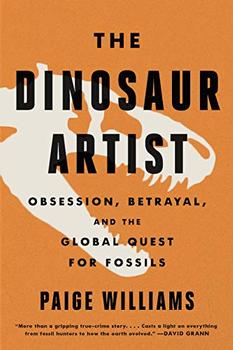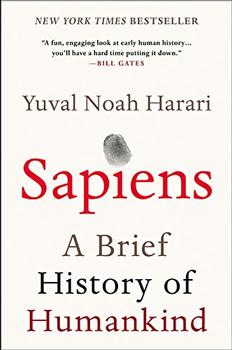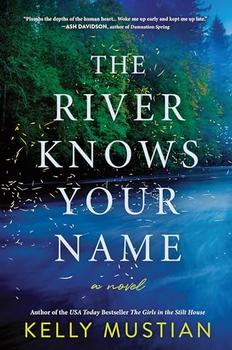Summary | Excerpt | Reviews | Beyond the book | Read-Alikes | Genres & Themes | Author Bio

A Search for One of Earth's Rarest Creatures
by William deBuysAn award-winning author's stirring quest to find and understand an elusive and exceptionally rare species in the heart of Southeast Asia's jungles.
In 1992, in a remote mountain range, a team of scientists discovered the remains of an unusual animal with beautiful long horns. It turned out to be a living species new to western science - a saola, the first large land mammal discovered in 50 years.
Rare then and rarer now, no westerner had glimpsed a live saola before Pulitzer Prize finalist and nature writer William deBuys and conservation biologist William Robichaud set off to search for it in the wilds of central Laos. The team endured a punishing trek, up and down whitewater rivers and through mountainous terrain ribboned with the snare lines of armed poachers.
In the tradition of Bruce Chatwin, Colin Thubron, and Peter Matthiessen, The Last Unicorn is deBuys's look deep into one of the world's most remote places. As in the pursuit of the unicorn, the journey ultimately becomes a quest for the essence of wildness in nature, and an encounter with beauty.
The Last Unicorn is an enthralling and sobering account of a modern-day quest with a mythic underpinning, a tale filled with grace and eloquence and despair. It deals movingly with a brink that is much less celestial but more consequential – for the creatures of the world, and for ourselves...continued
Full Review
(906 words)
This review is available to non-members for a limited time. For full access,
become a member today.
(Reviewed by James Broderick).
Travel literature has contributed immeasurably to many people's understanding of foreign lands and cultures they might not otherwise visit – or even become aware of. One of the many contributions of travel writers – such as William deBuys, author of The Last Unicorn – has been to raise awareness of the global epidemic of poaching, the removal of fauna and flora (almost always protected by regional and international laws), a scourge that, in addition to habitat loss and environmental pollution, threatens many species of plant and animal with extinction. The mountainous terrain that deBuys navigates is frequently cris-crossed by the snare lines of armed poachers.
As developed nations and international agencies continue to...
This "beyond the book" feature is available to non-members for a limited time. Join today for full access.

If you liked The Last Unicorn, try these:

by Paige Williams
Published 2019
New Yorker magazine staff writer Paige Williams explores the riveting and perilous world of fossil collectors in this true tale of one Florida man's attempt to sell a dinosaur skeleton from Mongolia.

by Yuval Noah Harari
Published 2018
A groundbreaking narrative of humanity's creation and evolution that explores the ways in which biology and history have defined us and enhanced our understanding of what it means to be "human."



Censorship, like charity, should begin at home: but unlike charity, it should end there.
Click Here to find out who said this, as well as discovering other famous literary quotes!